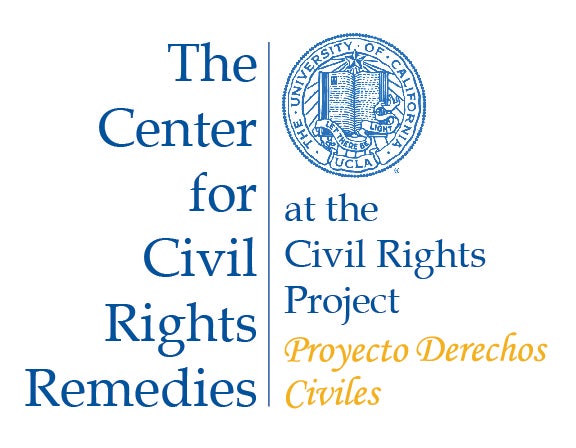New Research, Disabling Inequity: The Urgent Need for Race Conscious Remedies, highlights the inequitable conditions of learning faced by students with disabilities and the lack of awareness and action that threatens to only deepen the disparate impact that the Pandemic has had on children of color with disabilities. Without an infusion of sustained funds to address the mental and behavioral health of students, to improve school climate, and to reduce the reliance on harsh and often inappropriate discipline, districts will continue to inadequately meet the needs of these students.
Part I of the report makes clear that there was a pre-pandemic rise in students exposed to trauma, and a growing number of students with disabilities who were entitled to mental and behavioral supports even though they were not eligible to receive special education. Many students in the general education population have needs for mental and behavioral supports and services, due to ADHD, anxiety, depression, or the experience of trauma, and many others need support because of other health needs. Districts are legally obligated to identify these students and address their needs. District failure is a form of disability discrimination under Section 504 of the rehabilitation Act of 1973.
This first ever comprehensive review of every district in the nation, recently conducted by the Center for Civil Rights and Remedies, finds that despite the growth of 504-eligible students to roughly 1.4 million, which is just under 3% of all enrolled students, there are over 300 large districts that don’t recognize even one such student among their student body. Moreover, students of color are particularly unlikely to have their needs recognized and met. The report raises the concern that some districts may continue to fail to recognize these students, who have a right to supports and services, and such failure will further entrench the racially disparate harm caused by the pandemic.
Part II of the report raises similar concerns about the larger group of approximately 7 million students that have been deemed eligible for special education and related support and services under the Individuals with Disabilities Education Act (IDEA). The report finds that, pre-pandemic, their eligibility for special education was inadequately protecting them from losing valuable instructional time as the result of harsh discipline. The report documents the loss of instructional time by calculating rates of lost instruction due to discipline for secondary students in every district in the nation based on federal data released last fall covering 2017-18. The report further describes huge racial disparities in rates of out-of-school suspension among secondary students with disabilities. Perhaps most alarming, Black secondary students in hundreds of large districts are referred to law enforcement at rates that far surpass other students with disabilities from other racial groups and at levels that should raise concerns.
The report recommends increases in race-conscious funding to address this inequity, and major improvements to the monitoring and enforcement of federal civil rights law. Without these, the report concludes that the continued failure to meet needs of children with disabilities, and those who have experienced trauma, will mean that the deepest and most sustained harms from the pandemic will be experienced by children of color with disabilities.
“The focus on the experiences of students with disabilities reveals profound racial disparities and stark losses of instructional time and raises the possibility that, in many districts, educators are failing to meet their obligations to address the mental and behavioral health needs of children,” said Dan Losen, director of the Center for Civil Rights Remedies and the lead researcher on the report.
These new descriptive findings can help policymakers understand the full impact of inadequate and inequitable support on every racial group, both those with and those without disabilities.
The researchers say the findings should compel education policymakers to act to bolster federal civil rights monitoring and enforcement, eliminate all unjustifiable disciplinary exclusion and the use of police to enforce school rules. IDEA should be fully funded and additional funds provided to meet the needs for students eligible for supports only under Section 504, and those exposed to trauma to ensure improvements to school climate when students return. The report includes specific recommendations for federal policymakers that are also applicable to state and local government.
The report is also accompanied by spreadsheets with sortable data on every district in the nation.
Disabling Inequity: The Urgent Need for Race Conscious Remedies is a research project of the Center for Civil Rights Remedies (CCRR). The research was led by Daniel J. Losen, Paul Martinez and Grace Shin. The report, including an executive summary and specific recommendations is available online.
CCRR is an initiative of the UCLA Civil Rights Project/Proyecto Derechos Civiles (CRP), which is co-directed by Gary Orfield and Patricia Gándara, researcher professors at UCLA. Founded at Harvard in 1996, CRP’s mission is to create a new generation of research in social science and law on critical issues of civil rights and equal opportunity for racial and ethnic groups in the United States. CRP has monitored the success of U.S. schools in equalizing opportunity and has been the authoritative source of segregation statistics. CRP has commissioned more than 500 studies, published more than 20 books, and issued numerous reports from authors at universities and research centers across the country.
